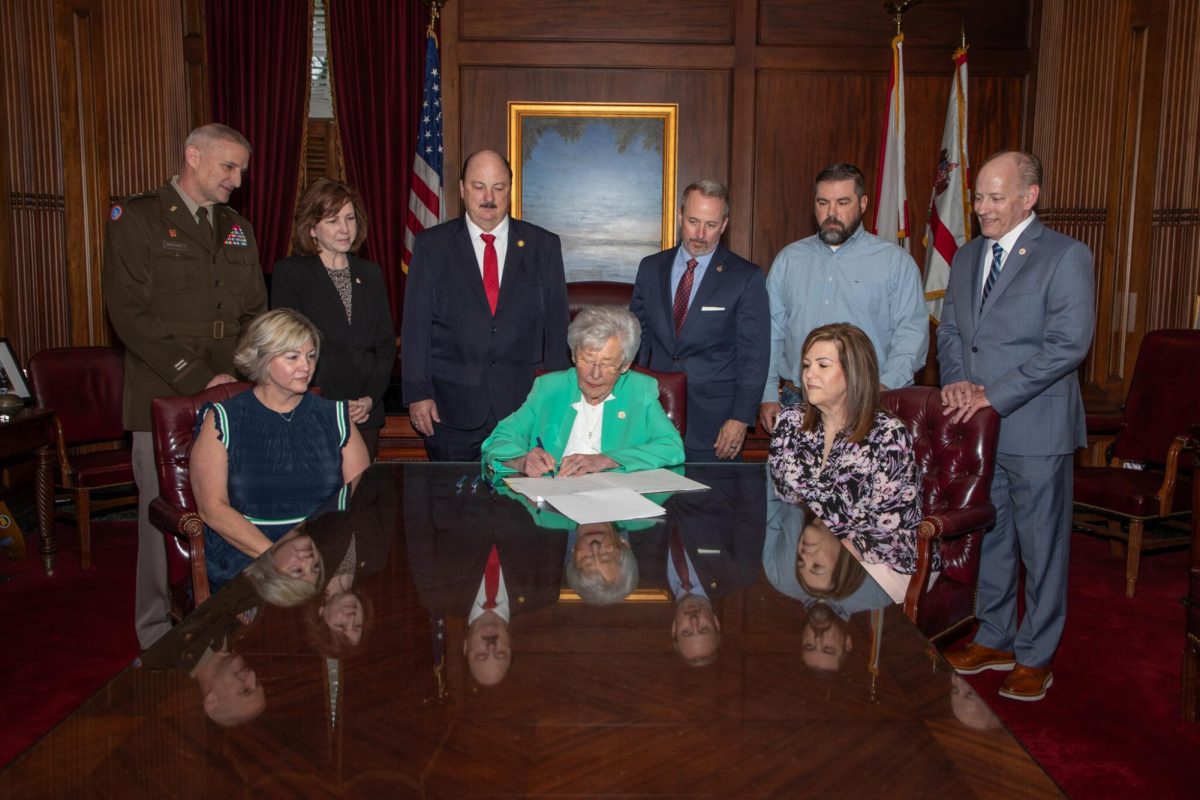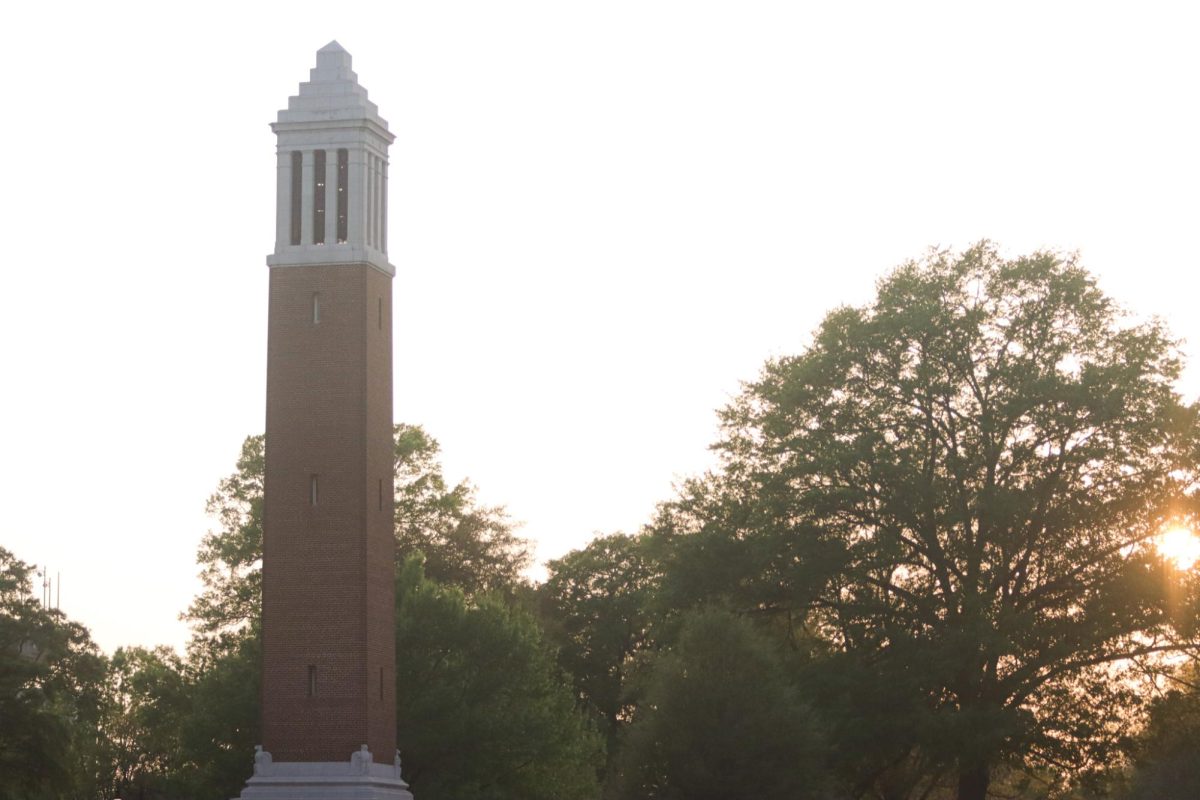Now that Roy Moore has been re-elected as chief justice of the Alabama State Supreme Court, some people at The University of Alabama are asking, “What comes next?”
“[Moore] could alleviate some people’s concerns, depending on how he conducts himself starting in January,” said Bill Stewart, professor emeritus of the political science department. “Maybe he’ll surprise people and keep a low profile. I think it would be refreshing for him to not be the source of news.”
Moore built his reputation as a judge on his belief that the Ten Commandments are the foundation of the United States Constitution. Upon his election as chief justice in 2000, Moore placed a 2.5 ton granite monument of the Ten Commandments in the Central Rotunda of the Alabama Supreme Court Building. Following a lawsuit, federal judge Myron Thompson ordered Moore to remove the monument from the building. Moore refused. Ultimately, the monument was removed from the building, and Moore was removed from office.
Stewart, the former chair of the political science department, said he believes Moore’s election is not going to be detrimental to the state because the other eight Supreme Court justices will keep him in check. He also said Moore deserves the opportunity to hold the position of chief justice again because he won the election fairly.
“The Conservative, religious environment in Alabama and the fact that [Moore] had the ‘R’ brand, which is so popular in Alabama, helped make quite a few people in Alabama vote for him because he was on the Republican ticket, even though they personally were not that enthusiastic about his religious views,” Stewart said.
Andy Branton, a sophomore from Coxey, Ala., is not as optimistic that Moore will serve his term handing down unbiased judgments.
“I like to think that people can change their ways, and I say all the time that people can,” Branton said. “But if I was Roy Moore, I would look at my re-election knowing that the people of Alabama know what I have done in the past, and they support it – that’s why I was re-elected. He has no reason to change, other than the fact that I’m sure he doesn’t want to lose his job again.”
Branton and Stewart both said Moore’s re-election is in part a product of Alabamians casting straight-party votes for the Republicans. Stewart said the secretary of state’s office will release statistics related to straight-party tickets on Nov. 26, but he anticipates the numbers to be telling.
Stewart also said Democratic Party challenger Bob Vance lost the election because of the weakness of the party in Alabama.
“I feel like the Democratic Party is to be faulted,” Stewart said. “The Democratic Party doesn’t function like a political party, and the Republican Party does function like a political party. They come up with viable candidates for office, they frequently fund their campaigns and give the candidates technical advice they need to win.”
Daniel Connors, a senior from Enterprise, Ala., said he believes Moore was re-elected because many Alabamians don’t educate themselves on the candidates running for office.
“I feel like, just like any other election, voters are uneducated, especially when it comes to options on voting straight ticket,” Connors said. “It gives [Republicans] the advantage, because Alabama has always been a Conservative state, so people will always vote straight Republican, even though they don’t actually know who they are voting for.”








